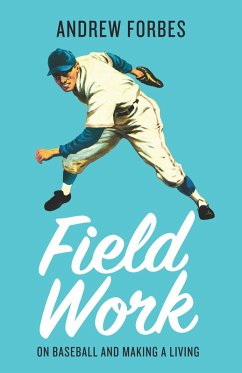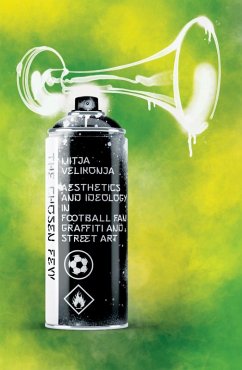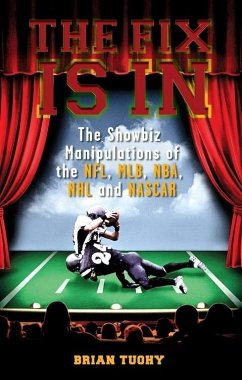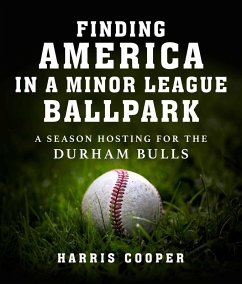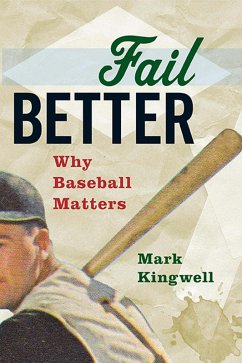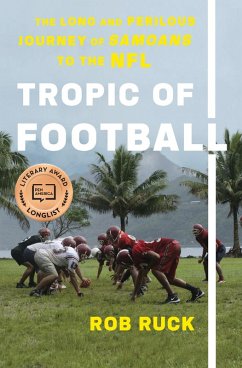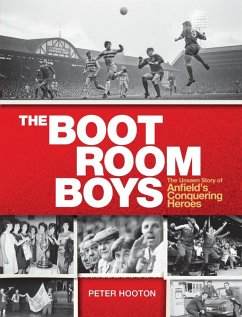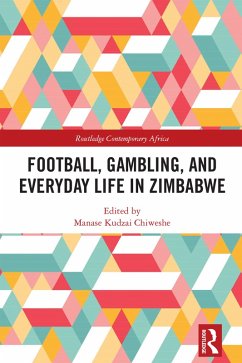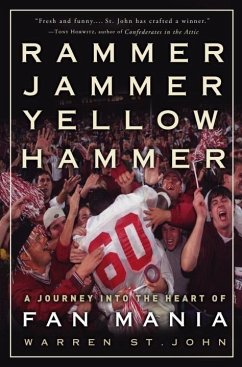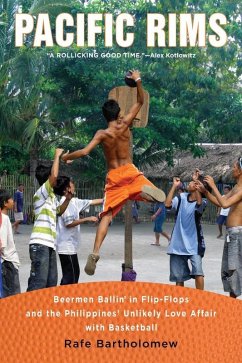
The Devil's Snake Curve (eBook, ePUB)
A Fan's Notes from Left Field

PAYBACK Punkte
4 °P sammeln!
A humorous, historical, and hirsute miscellany that's the baseball book Howard Zinn would have written, if he hated the Yankees.The Devil's Snake Curve offers an alternative American history, in which colonialism, jingoism, capitalism, and faith are represented by baseball. Personal and political, it twines Japanese internment camps with the Yankees; Walmart with the Kansas City Royals; and facial hair patterns with militarism, Guantanamo, and the modern security state. An essay, a miscellany, and a passionate unsettling of Josh Ostergaard's relationship with our national pastime, it allows fo...
A humorous, historical, and hirsute miscellany that's the baseball book Howard Zinn would have written, if he hated the Yankees.
The Devil's Snake Curve offers an alternative American history, in which colonialism, jingoism, capitalism, and faith are represented by baseball. Personal and political, it twines Japanese internment camps with the Yankees; Walmart with the Kansas City Royals; and facial hair patterns with militarism, Guantanamo, and the modern security state. An essay, a miscellany, and a passionate unsettling of Josh Ostergaard's relationship with our national pastime, it allows for both the clover of a childhood outfield and the persistence of the game's service to those in power. America and baseball are both hard to love or leave in this, by turns coruscating and heartfelt, debut.
The Devil's Snake Curve offers an alternative American history, in which colonialism, jingoism, capitalism, and faith are represented by baseball. Personal and political, it twines Japanese internment camps with the Yankees; Walmart with the Kansas City Royals; and facial hair patterns with militarism, Guantanamo, and the modern security state. An essay, a miscellany, and a passionate unsettling of Josh Ostergaard's relationship with our national pastime, it allows for both the clover of a childhood outfield and the persistence of the game's service to those in power. America and baseball are both hard to love or leave in this, by turns coruscating and heartfelt, debut.
Dieser Download kann aus rechtlichen Gründen nur mit Rechnungsadresse in A, D ausgeliefert werden.




